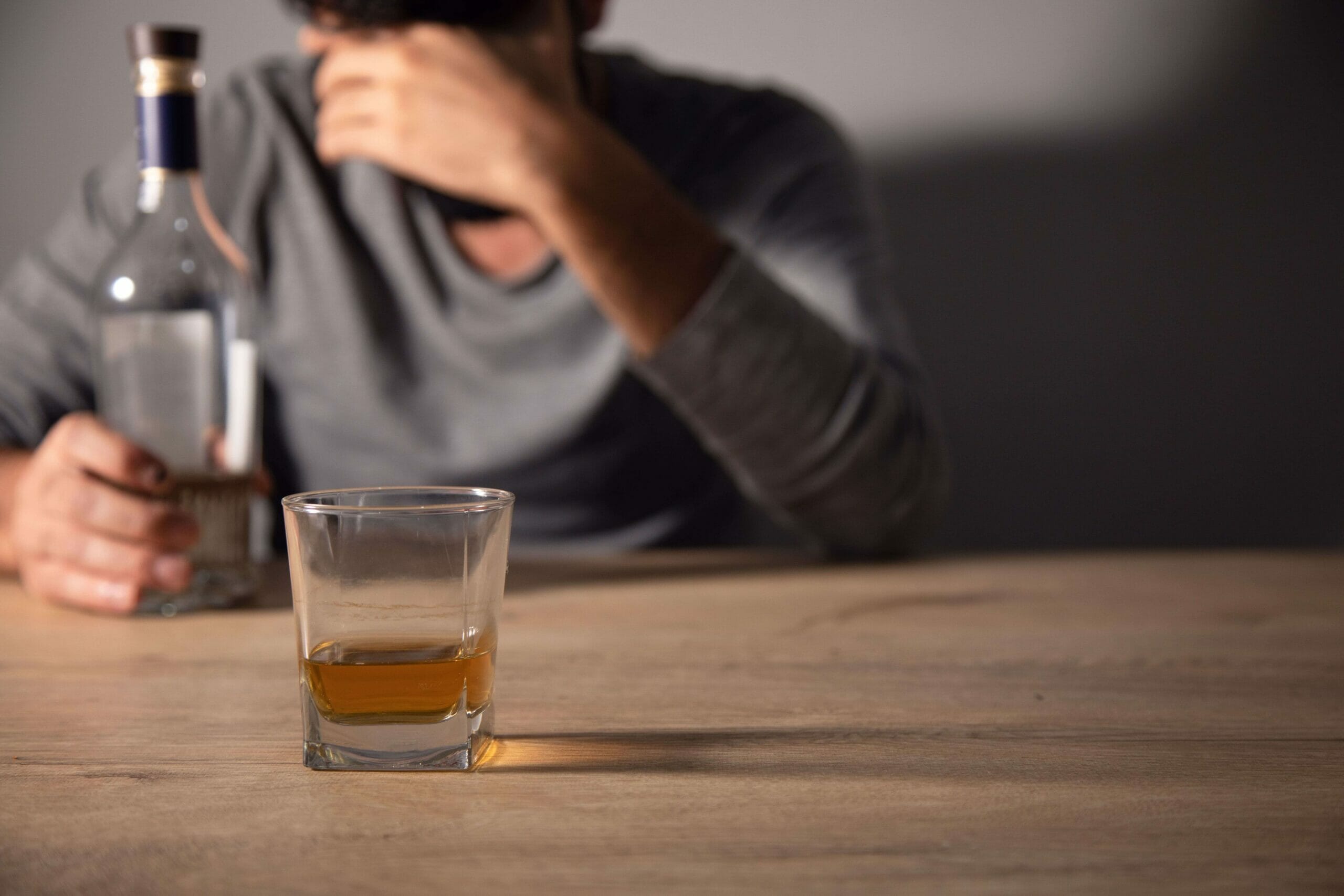Alcohol use is widespread and normalized across the globe. In the United States, 2.3 million adults aged 18 or older were reported to have an Alcohol Use Disorder (AUD) in the United States in 2019. Though far less normalized and embedded in culture, opioid addiction is just as prevalent across the US. The Centers For Disease Control and Prevention (CDC) reported that over 2.7 million people in the United States suffer from Opioid Use Disorder (OUD).
What is Vivitrol?
Vivitrol, the brand-name medication made of naltrexone, is an extended-release medication of an opioid receptor antagonist — approved by the Food and Drug Administration (FDA) in 2010 for the prevention of relapse to opioid or alcohol dependence. Vivitrol (naltrexone) works by binding to opioid receptors in the brain, blocking the intoxicating, euphoric, and pain-relief effects of opioids and alcohol. It is typically administered as an intramuscular injection once per month.
Vivitrol minimizes cravings, helping people uphold sobriety throughout its early stages. It works by stopping endorphins from binding to opioid receptors when alcohol is consumed, as well as by directly hindering opioids from binding to such receptors. Vivitrol is prescribed only in specific instances of alcohol and/or opioid addiction. It is necessary for a patient in treatment to detox from alcohol and opioids and maintain abstinence for at least 7-10 days before beginning a treatment plan involving Vivitrol (naltrexone). If used adversely to this strict prerequisite, naltrexone can cause serious side effects.
What Happens If You Drink On Vivitrol?
Vivitrol changes the brain’s response to alcohol in the body’s system and acts as an incentive for those with alcoholism to maintain sobriety. However, Vivitrol or naltrexone is not made to be taken with alcohol consumption. Drinking on Vivitrol will likely lead to liver damage, allergic reactions and symptoms, breathing issues, chest pain, dizziness, depression, suicidal behavior and ideation. People who continue to drink while taking Vivitrol should consult with a medical professional and be aware of signs of potential liver issues such as:
- Tiredness
- Dark urine
- Stomach pain lasting more than a few days
- Yellowing of the sclera (the white areas of the eyes)
What Happens If You Take Opioids On Vivitrol?
Taking opioids or opiates while on Vivitrol can be hazardous and even fatal. Vivitrol (naltrexone) attaches to opioid receptors more vigorously than any opioid, causing opioids and opiates to be removed from their receptors, and allowing Vivitrol to bind. The abrupt removal of opioids from receptors can cause rapid and acute opioid withdrawal, known as precipitated withdrawal. Abusing opioids while receiving Vivitrol injections might lead to an overdose, since a person may take excessive amounts to experience the high. Furthermore, if a person skips or discontinues Vivitrol injections and begins misusing opioids, they also risk overdosing. Vivitrol inhibits the intoxication and euphoria or ‘high’ caused by alcohol and opioids, making it harder to get high on opioids and opiates while taking them.
We Can Help You Overcome
If you or a loved one is currently battling alcohol use disorder (AUD) or opioid use disorder (OUD), please reach out to us. You deserve a clean, healthy, and sustainable life. We have the means and motivation to help you achieve and maintain sobriety. Moreover, Vivitrol, or some other medication-assisted treatment, may be the most viable route to sobriety for you.


 Verify Insurance
Verify Insurance
 Toll Free Call
Toll Free Call